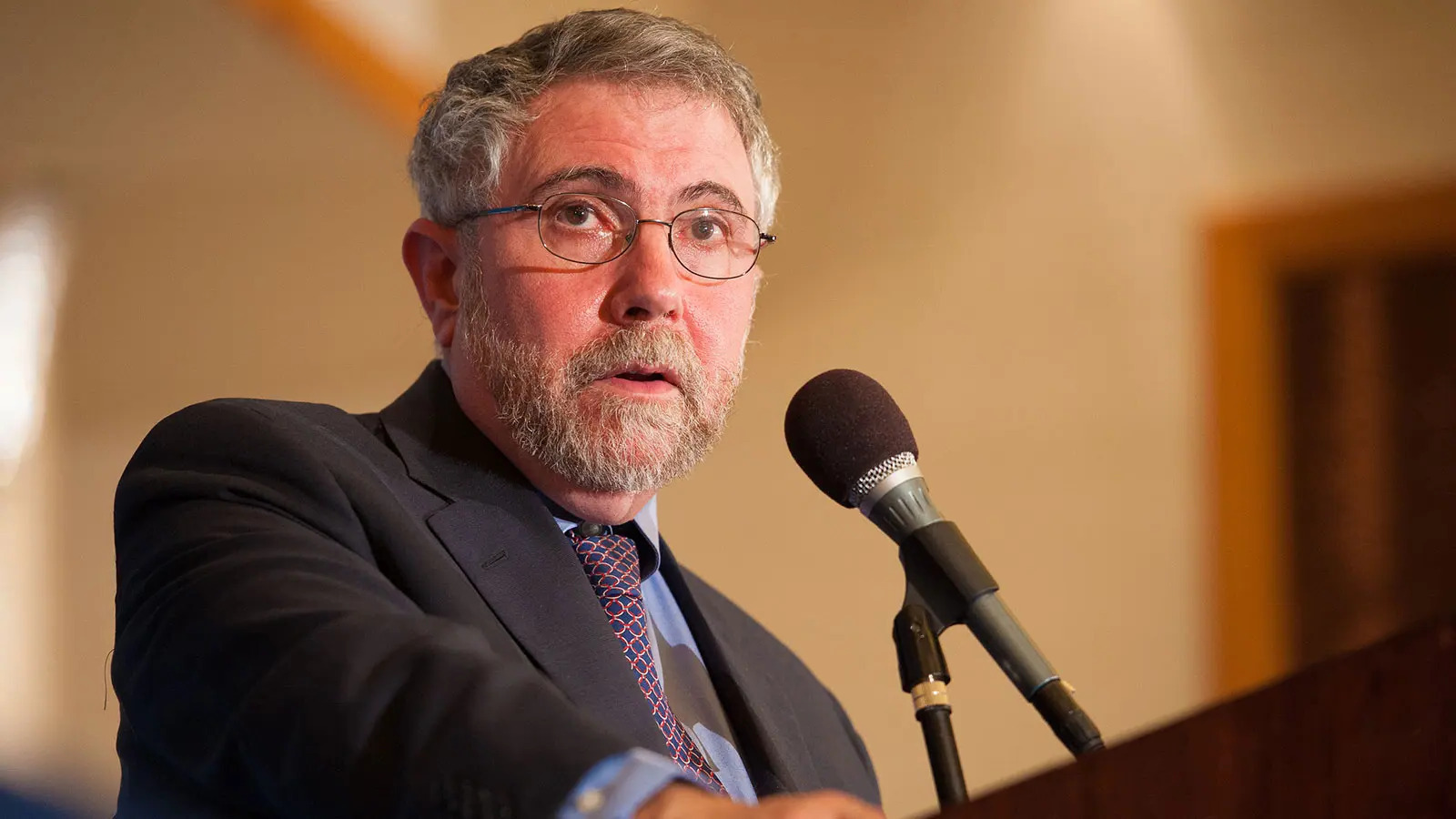
The next leap year will arrive in two years, specifically in 2024. Leap years take place every four years, in a deliberate decision by scientists to keep the calendar aligned with the seasons. This results from the fact that it takes the Earth 365 and one-fourth days to make one full orbit around the Sun. Those quarter days add up every four years, which stands as the reason why in most years, February has only 28 days. However, on leap years, February gets the extra day, it has 29 days instead. Between the 20th and 21st centuries, the world has has 31 leap years. Read all about the highlights of those years with this list of leap years.
1900
Although the year seems part of the 20th century, 1900 actually makes up the last year of the 19th century and the 1890s both. Highlights of the year include the launch of the world’s first electric bus, as well as the USA’s adoption of the Open Door Policy over China. The USA also sees its first-ever epidemic of the bubonic plague in San Francisco, with the epidemic only ending in 1904. President William McKinley also won his reelection bid in 1900, defeating Democratic challenger William Jennings Bryan.
Elsewhere around the world, the Second Boer War rages on in South Africa, along with the Boxer Rebellion in China. The Philippine-American War also rages on in Southeast Asia. In Europe, one of Germany’s most successful football teams, FC Bayern, also dates its founding back to 1900. Germany also saw a zeppelin successfully complete a flight for the first time, over Lake Constance in 1900. The German physicist Max Planck also conceptualizes light quanta, and with his discovery of black-body radiation, develops the field of quantum physics.
1904
This year saw the beginning of two wars, first the Herero-German Wars in the German colony of Southwest Africa. Meanwhile, in the Far East, a surprise Japanese attack on Port Arthur marks the beginning of the Russo-Japanese War. Britain also narrowly avoids getting dragged into the Russo-Japanese War, after Russian warships accidentally open fire on British fishing boats in the North Sea. The stage also gets set for WWI, when Britain and France formed the Entente Cordiale against Germany.
On a more peaceful note, 1904 also saw the founding of FIFA in Paris, France. Meanwhile, in the Americas, the USA finally begins work on the Panama Canal. The Third Olympic Games also takes place in the USA in 1904, in St. Louis, Missouri. The year 1904 also saw President Teddy Roosevelt win reelection against the Democratic challenger, Alton B. Parker.
1908
The year starts ominously, with the assassination of King Carlos I of Portugal in Lisbon. Similarly, the USA blocked immigration from Japan this year. Ironically, Korean nationalists also assassinated an American diplomat, Durham Stevens, in 1908 over American support for the Japanese colonization of Korea.
The year 1908 also saw the mysterious Tunguska Explosion in Siberia, with most scientists theorizing its cause as a meteor exploding in the lower atmosphere. On a more peaceful note, French aviation pioneer Henri Farman makes the first-ever flight with a passenger, Leon Delagrange. Delagrange later flies with the first female plane passenger, Therese Peltier.
Oil is discovered in the Middle East, in Southwestern Persia, with the British beginning exploitation later in the year. Britain also hosts the 1908 Olympics, originally meant to take place in 1906 in Rome, only to get postponed by an eruption of Mount Vesuvius. In the USA, Henry Ford introduces modern industrial mass production with the world’s first-ever affordable automobile, the Ford Model T.
1908 also sees Republican candidate William Howard Taft defeat incumbent US President William Jennings Bryan. China also saw the ascension of its last Emperor, Puyi of the Qing Dynasty.
1912
This year saw the fall of the ancient Chinese Empire, with the formation of the Republic of China. Activists in South Africa also form the African National Congress (ANC), which campaigns for rights and reforms on behalf of non-whites in the country.
It also saw the Italo-Turkish War raging on, as the Italians fight to drive the Turks from Libya to claim it as their colony. The First Balkan War also erupts in 1912, with Montenegro attacking the Ottomans to drive them from the region.
By far, however, 1912’s most infamous highlight is the Titanic, one of the world’s biggest trans-oceanic passenger liners. Despite claims of being unsinkable, the Titanic strikes an iceberg in the North Atlantic and sinks with over 1,500 of its passengers. Only 705 passengers and crew survive.
The year also saw the 20th century’s biggest volcanic eruption; the eruption of the Novarupta Volcano in Alaska. It also saw the death of Japan’s Emperor Meiji and his succession by Emperor Taisho. In the USA, the Democratic candidate Woodrow Wilson successfully defeats the incumbent President William Howard Taft.
1916
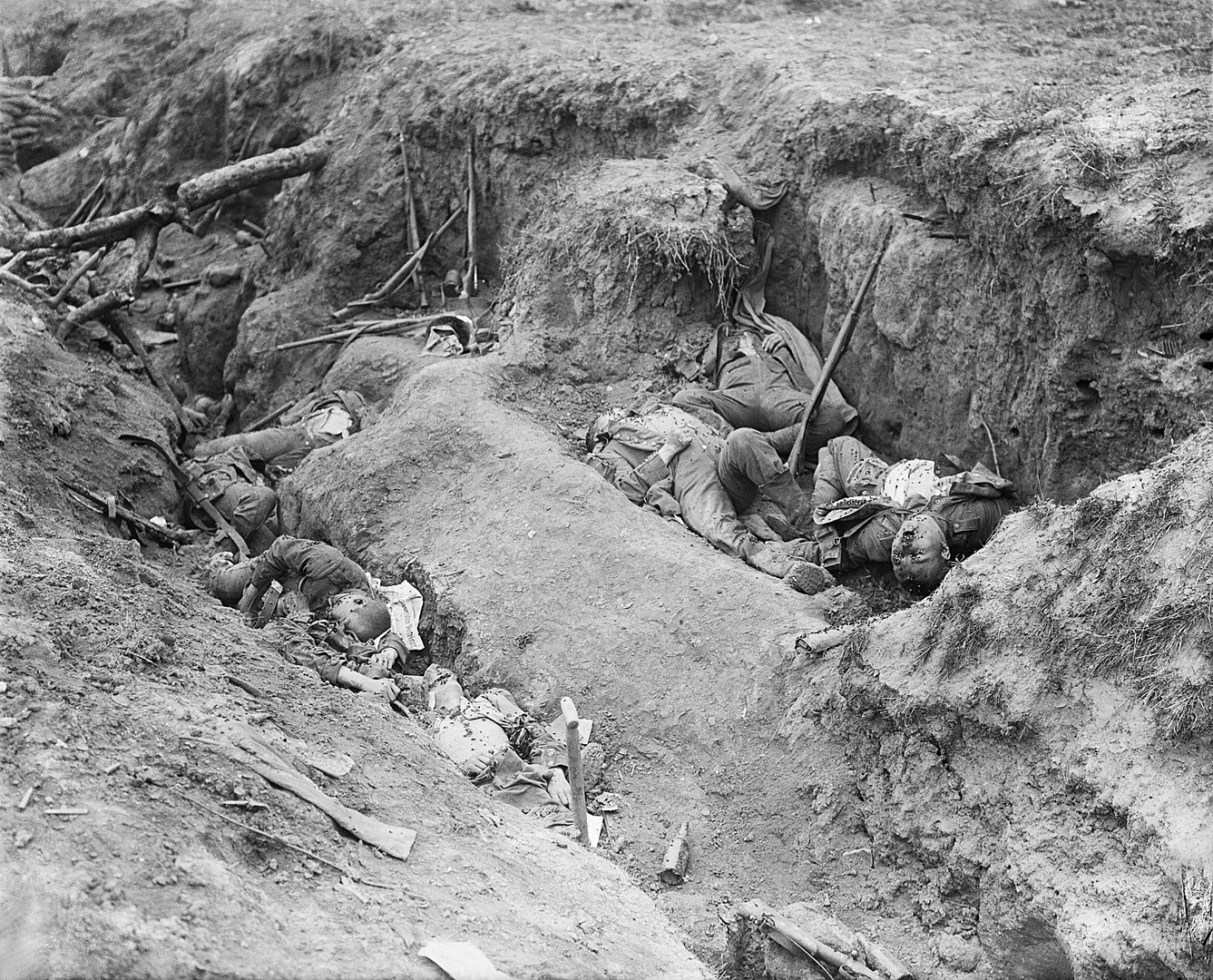
This year marked the second year of WWI, and the bloodiest, with the Battle of Verdun alone seeing a total of over 700,000 deaths. Later on, the Battle of the Somme sees even heavier casualties, with a total casualty list of over a million men. Elsewhere, the British acknowledge defeat in the Gallipoli Campaign, while also successfully inciting the Arab Revolt against the Ottoman Empire.
Meanwhile, in the Americas, tensions rise between the USA and Mexico after US President Wilson sends the US Army into Mexican territory to pursue the Mexican revolutionary, Pancho Villa. The USA also later invades and occupies the Dominican Republic to secure its interests in the country.
On a more peaceful note, US President Wilson forms both the Boy Scouts and the National Park Service in 1916. John D. Rockefeller also becomes the world’s first-ever billionaire. US President Wilson also wins reelection in 1916, defeating the Republican challenger, Charles Evans Hughes.
1920
This year saw the final signing of the Treaty of Versailles, formally ending WWI, although any actual fighting ended two years ago in 1918. It also saw the founding of the League of Nations, the immediate predecessor of the modern United Nations.
Meanwhile, in Russia, the Communists wins a major victory against the Republicans during the Russian Civil War. This forces the Republicans to retreat east across Siberia, while the Communists tighten their control over European Russia. They also made gains against the Poles in the Polish-Soviet War, driving them from Ukraine. The Poles eventually succeed in forcing the Red Army from Poland, but the Soviets manage to keep Belarus and Ukraine. This leads the Soviet Union to begin forming various Soviet Socialist Republics (SSRs) in its various territories.
Elsewhere in the world, women vote for the first time in the USA. It also sees Republican candidate Warren Harding defeat Democratic candidate James Cox to become President of the USA. In India, Mahatma Gandhi launches a pro-independence, civil disobedience campaign.
1924
This year saw the first-ever Winter Olympics, held in the French commune of Chamonix. France also hosts the Summer Olympics, in Paris, France. The Soviet Union changes St. Petersburg’s name to Petrograd Leningrad, a name it would hold until 1991 when it returned to its original name of St. Petersburg.
In Turkey, the Islamic Caliphate ends after 1,407 years, with Turkish leaders determined to form a new, secular nation. In Germany, Adolf Hitler gets sentenced to five years in jail for launching a coup in 1923. He serves only eight months in prison before receiving a pardon. He also wrote Nazism’s manifesto, Mein Kampf, at this time. Germany also sees the forming of the famous car company, Mercedes-Benz.
Meanwhile, in the USA, US President Calvin Coolidge makes history by granting US citizenship to all Native Americans. He also ends the American occupation of the Dominican Republic. This later helps him win reelection against the Democratic challenger, John Davis. Two US Army pilots, John Harding and Erik Nelson, also make history by making the first-ever flight around the world.
1928
Frederick Griffith made history this year with a major milestone in genetic research, indirectly proving DNA’s existence with his famous experiment. This year also saw Joseph Stalin tighten his control over the Soviet Union with the exile of his rival, Leon Trotsky. Japan also sees the March 15 Incident, when the Japanese government cracks down on Communist leaders and sympathizers, marked by the arrest of over 1,000 people.
The Imperial Japanese Army (IJA) also clashes with the Chinese in the city of Jinan in Shandong Province. The IJA also later kills the Chinese warlord Zhang Zuolin. Jiang Jieshi also becomes Generalissimo of the Republic of China in 1928. Emperor Showa also officially takes the throne in Japan.
On a more peaceful note, Australian aviation pioneer Charles Smith makes the first-ever Trans-Pacific flight, while American aviation pioneer Amelia Earhart makes history as the first woman to also do so. In Britain, the physician Alexander Fleming begins studies into the world’s first-known antibiotic, penicillin. And in the USA, Republican candidate Herbert Hoover defeats the Democratic candidate Al Smith to become President of the USA.
1932
The year starts with a failed assassination attempt on Emperor Showa by Korean nationalists. The Chinese government expresses regret at the failed assassination, giving Japan an excuse to send more troops to China. Japan later forms a puppet state in Manchuria, Manchukuo, resulting in international condemnation. This results in Japan walking out of the League of Nations in protest. Ironically, Japanese Prime Minister Inukai Tsuyoshi later gets assassinated by navy radicals, who believe he isn’t devoted enough to the cause of Japanese expansion.
In India, the British arrested independence leaders Mahatma Gandhi and Vallabhbhai Patel. Meanwhile, in Europe, the Nazi Party wins a plurality of 32% in the German parliamentary elections. German President Paul von Hindenburg then appoints a series of unpopular chancellors to avoid having to appoint Hitler. The collapse of the Papen Government towards the end of the year paves the way for Hitler’s appointment as German Chancellor in 1933.
1936
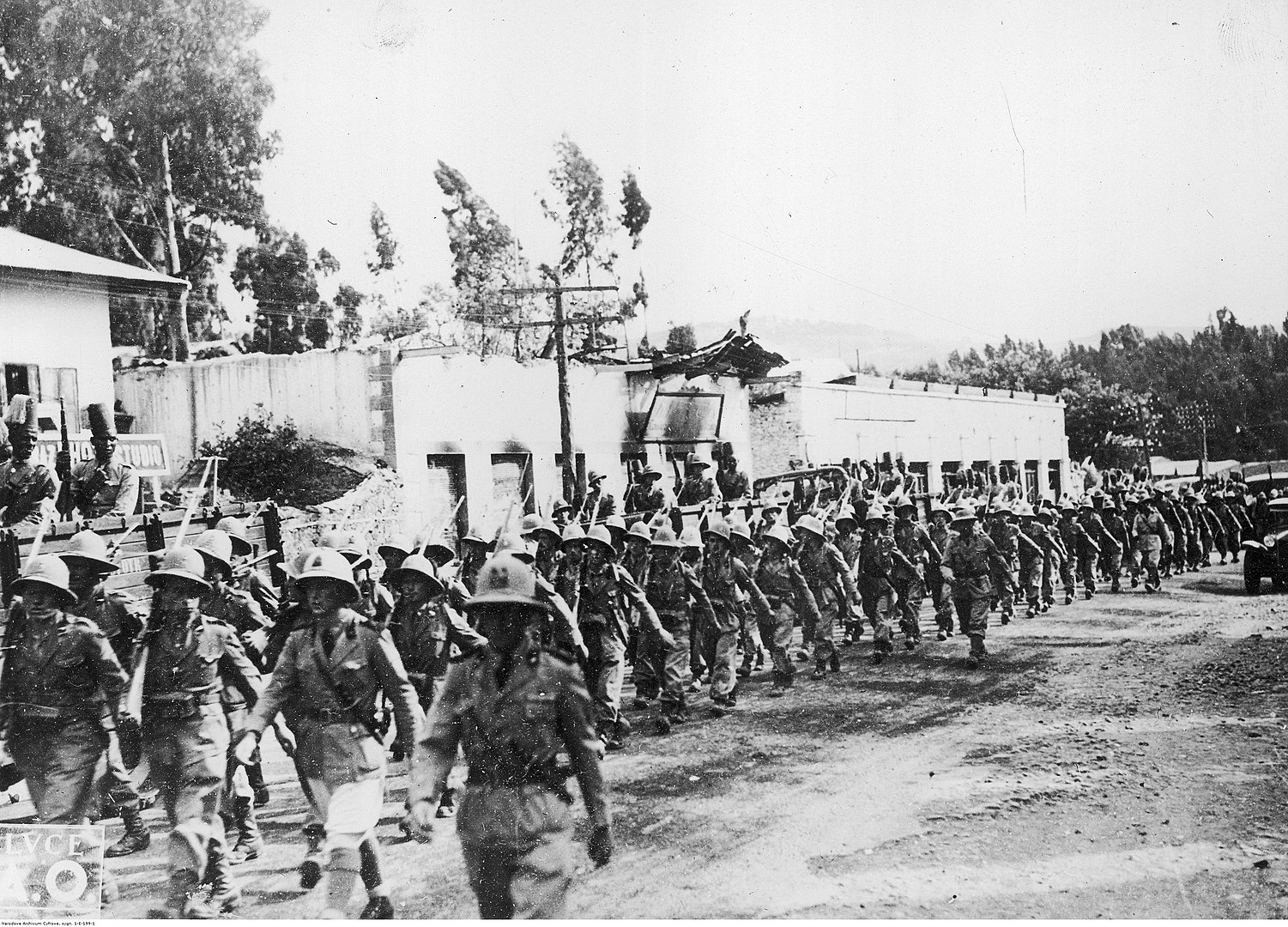
Prince Edward becomes King Edward VII in 1936, after the death of his father King George V. He would rule for less than a year, abdicating in December to marry his mistress, with Prince Albert succeeding him as King George VI.
Elsewhere in the world, the February 26 Incident takes place in Japan, where hard-right soldiers incite mutiny and launch a coup. However, they fail to gain the Emperor’s support, causing the coup to collapse. Nazi Germany also stations troops in the Rhineland, in a blatant violation of the Treaty of Versailles. Britain, however, refuses to take action for fear of starting a war, beginning the policy of appeasement. France similarly refuses to take action without British support. Meanwhile, the Second Italo-Ethiopian War continues, with the Italians making slow but steady advances, with the war continuing for another year.
On a more peaceful note, Germany hosts the 1936 Olympics in Berlin. It becomes the first-ever international sports event to get broadcast live on television. In the USA, US President Franklin D. Roosevelt wins reelection against the Republican challenger, Alf Landon.
1940
The second year of WWII, 1940 saw Germany occupy Denmark and Norway, followed soon after by the Fall of France. The French collapse sees Britain stand alone against Germany, but then British Prime Minister Winston Churchill refuses to surrender.
Meanwhile, Japan occupies French Indochina, leading the USA to freeze all Japanese assets in the USA. The USA also blocks all exports of oil and metal to Japan, threatening the collapse of its economy unless they withdraw from China and French Indochina. The USA also begins a naval expansion program, predicting an inevitable entry into the war in the future.
In Europe, the Holocaust begins, with the completion of the Auschwitz Death Camp. The Soviets also occupy the Baltic States and reorganize them into the Estonian, Latvian, and Lithuanian SSRs. The threat of global war allows US President Franklin D. Roosevelt to win against Republican challenger Wendell Wilkie. This also made him the only US President to ever win more than two terms in office.
1944
The fifth year of WWII started with the Allies continuing north up the Italian peninsula at the start of the year. Meanwhile, the Red Army finally succeeds in breaking the Siege of Leningrad. They also later launch Operation Bagration, which ends in the biggest defeat in German history and guaranteeing an Allied victory in Europe.
The US Navy also launches a massive campaign in the North Pacific, which succeeds in overwhelming the Imperial Japanese Navy (IJN). At the same time, Allied forces land troops in Normandy, on June 6, which goes down in history as D-Day. As Allied forces slowly liberate Western Europe, the US Navy similarly liberates the Philippines. This sees the effective destruction of the IJN, while also allowing the US Army Air Force to bring their bombers in range of the Japanese Home Islands.
Chinese attempts to replicate American successes in the Pacific ended in defeat when the IJA launches Operation Ichi-Go. In Eastern Europe, the Red Army steadily pushes into the region, setting the stage for Communist domination after the war. The end of the year sees Germany launch a desperate counterattack. This results in the Battle of the Bulge, which ends in a German defeat, ending with it German hopes for a negotiated peace.
1948
Burma became independent in 1948, as part of the global trend toward decolonization after WWII. In India, Mahatma Gandhi’s opposition to partition between India and Pakistan results in his assassination by a Hindu zealot.
Meanwhile, in Europe, Communists successfully launch a coup in Czechoslovakia. This contributes to US President Harry Truman’s support for the Marshall Plan. The plan sees the USA bankroll Western Europe’s postwar reconstruction and recovery, and denies the Communists any opportunity to gain power and public sympathy. US President Truman also ends desegregation in the US military, which becomes a major milestone for the civil rights movement.
The year 1948 also sees the outbreak of the Arab-Israeli War, which lasts until 1949. The end of the year sees former Japanese Prime Minister Tojo Hideki and other high-ranking military officers sentenced to death for their war crimes. The UN General Assembly also adopts the Universal Declaration of Human Rights at the end of the year.
1952
The start of the year sees riots in Egypt against continued British rule, targeting British residents and pro-British Egyptians. It also sees the death of King George VI, and his succession by Queen Elizabeth II.
Greece and Turkey become members of NATO, while Britain develops its nuclear arsenal. Most of the Allies later sign the Treaty of San Francisco with Japan, formally making peace with the country after WWII. The Soviet Union does not sign, over disputed islands in Southern Kuril, which continues to the present day. Japan also signs the Treaty of Taipei with the Republic of China, which formally ends the Second Sino-Japanese War.
On a more peaceful note, Belgium, France, Luxemburg, Italy, the Netherlands, and West Germany form the European Coal and Steel Community. This makes up one of the predecessor organizations of the modern European Union. The year 1952 also sees the first-ever Miss Universe beauty pageant taking place. After his victory in the US Presidential Elections, US President-Elect Dwight D. Eisenhower visits South Korea to develop a perspective from which to begin negotiations to end the Korean War.
1956
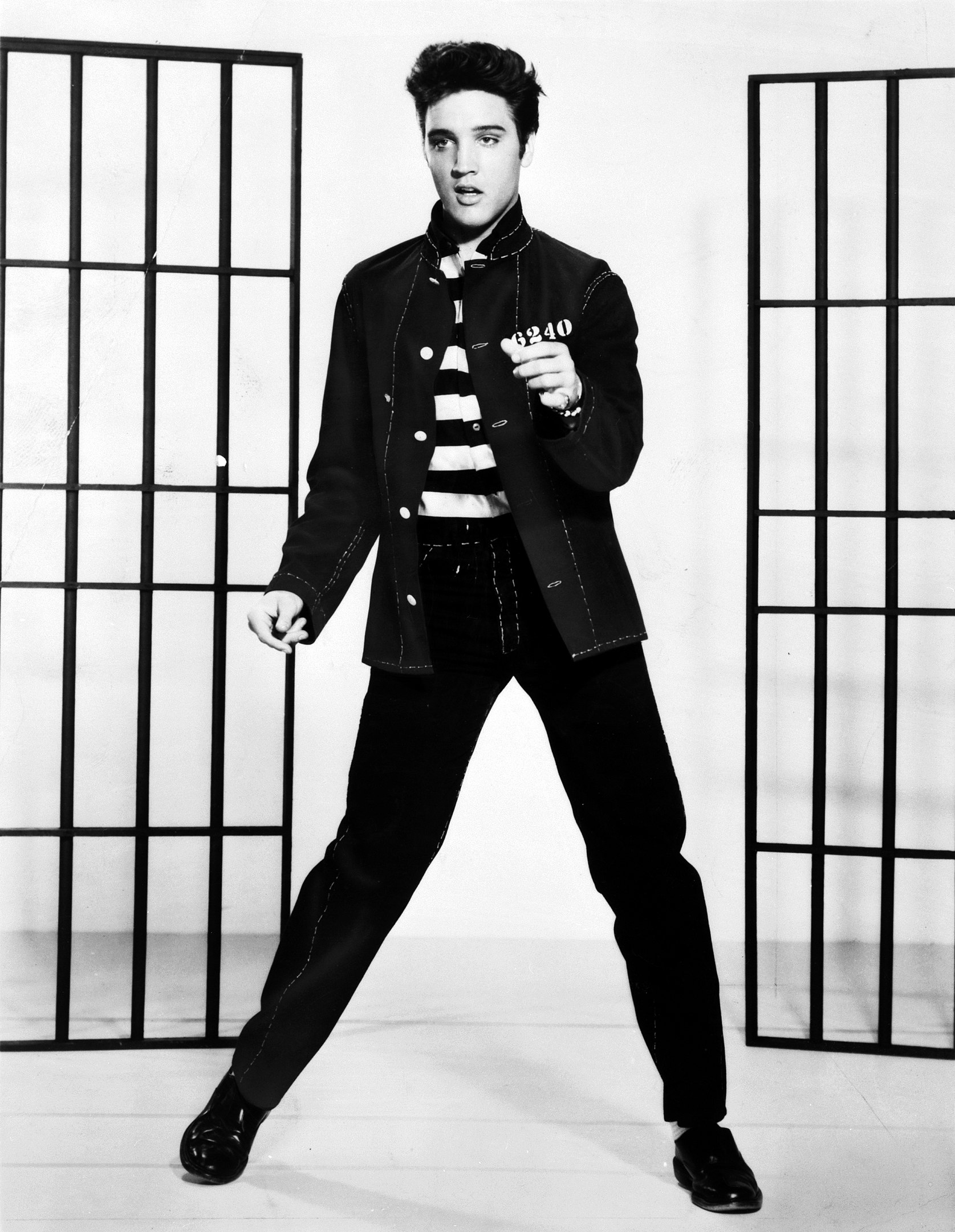
Elvis Presley, the King of Rock and Roll, debuts the song “Heartbreak Hotel”. The actress Norma Jean Mortenson also changes her legal name in 1956 to Marilyn Monroe.
In Japan, industrial contamination leads to widespread mercury poisoning, which becomes infamous as Minamata Disease. British troops leave Egypt for good, with Egypt closing the Suez Canal afterward to pressure Israel. This leads to a Franco-British intervention, which ends when US President Eisenhower threatens economic sanctions. The Suez Canal instead later gets transferred to a private company to resolve the crisis peacefully.
US President Eisenhower later forms the Interstate Highway System in the USA. He also adopts a resolution from Congress that officially makes “In God We Trust” the official motto of the USA. A group of computer scientists in the USA begins studying the possibilities of Artificial Intelligence (AI). IBM also invents the hard disk drive.
1960
Egypt begins construction on the controversial Aswan Dam. The controversy resulted over its impact on the environment, as well as how much of the country’s ancient ruins it left underwater.
Elsewhere in the world, Japan and the USA sign a new treaty allowing the USA to station troops on the island. This proved controversial in Japan, which saw massive protests over how it could drag the country into a new war. On a similarly ominous note, France also completes its nuclear program in 1960. The USA also begins preparations for what would become the ill-fated Bay of Pigs invasion of Cuba in 1961. The USA also became involved in the U-2 Incident, when the Soviets shot down an American spy plane after it violates Soviet airspace.
On a more peaceful note, though, the year 1960 would go down in history as the Year of Africa. This year saw the 17 African countries such as Cameroon, Congo, Madagascar, Mali, Somalia, and more becoming independent. It also saw the rise of the Pan-African Movement, which aims to develop a common bond between the various ethnicities of Africa. The USA’s civil rights movement also achieved a major milestone in 1960, with US President Eisenhower signing the Civil Rights Act of 1960.
1964
A major highlight of this year took place in January when the US government made its first-ever statement on the negative health effects of smoking. Other highlights of the year include the passing of the 24th Amendment of the US Constitution, which banned the poll tax.
North America suffers the Great Alaskan Earthquake, the strongest in the region’s recorded history, and which killed 125 people. Protests against the Vietnam War intensify throughout the year, even as the USA sends over 5,000 additional military personnel to the country. This results in the Gulf of Tonkin Incident, where Vietnamese torpedo boats attack the USS Maddox.
On a more peaceful note, Japan becomes the first Asian country to host the Summer Olympics. The USA also begins its Gemini Program, with the successful launch of Gemini I. Martin Luther King Jr. received the Nobel Peace Prize this year for his role in the American Civil Rights Movement.
1968
This year began ominously when an American B-52 bomber crashed in Greenland while carrying four nuclear weapons aboard. Although the USA successfully recovered the weapons, it caused controversy over the dangers of future accidents. The Vietnam War also continues to rage on, marked by the Battle of Khe Sanh and a North Vietnamese attack on the US Embassy in South Vietnam. It also saw the Ha My Massacre, where South Korean troops slaughtered civilians for supposed Communist sympathies in South Vietnam.
The US Army became involved in the My Lai Massacre, another massacre of supposed pro-Communist civilians in South Vietnam. Attempts to cover up the massacre, and even court-martial troops who refused to participate in the massacre, caused the anti-war movement to go into overdrive.
The civil rights movement also had its tragic rallying moment, with the assassination of Martin Luther King Jr. On a more peaceful note, the sci-fi film 2001: A Space Odyssey and the original Planet of the Apes film premieres.
1972
This year went down in history as the longest year ever, lasting exactly two seconds more than any other year before or since. Scientists added those two seconds after they refined their calculations on the rate the Earth orbited the Sun. This, in turn, increased the calendar’s accuracy to the seasons.
Other highlights of 1972 include the introduction of the world’s first scientific calculator, the HP-35, by Hewlett-Packard (HP). It also saw US President Richard Nixon’s historic visit to the People’s Republic of China (PRC). This visit would help ensure the normalization of relations between the two countries in the future.
The USA and the Soviet Union sign the Biological Weapons Convention, which led to a global ban on biological weapons. Japan also saw the return of Okinawa in 1972, 27 years after WWII. In Vietnam, journalist Nick Ut made history by taking an iconic picture of children running from a US Air Force napalm attack. This year also saw the Watergate Scandal’s eruption, alleging US President Nixon’s attempts to cheat in the US elections later in the year.
1976
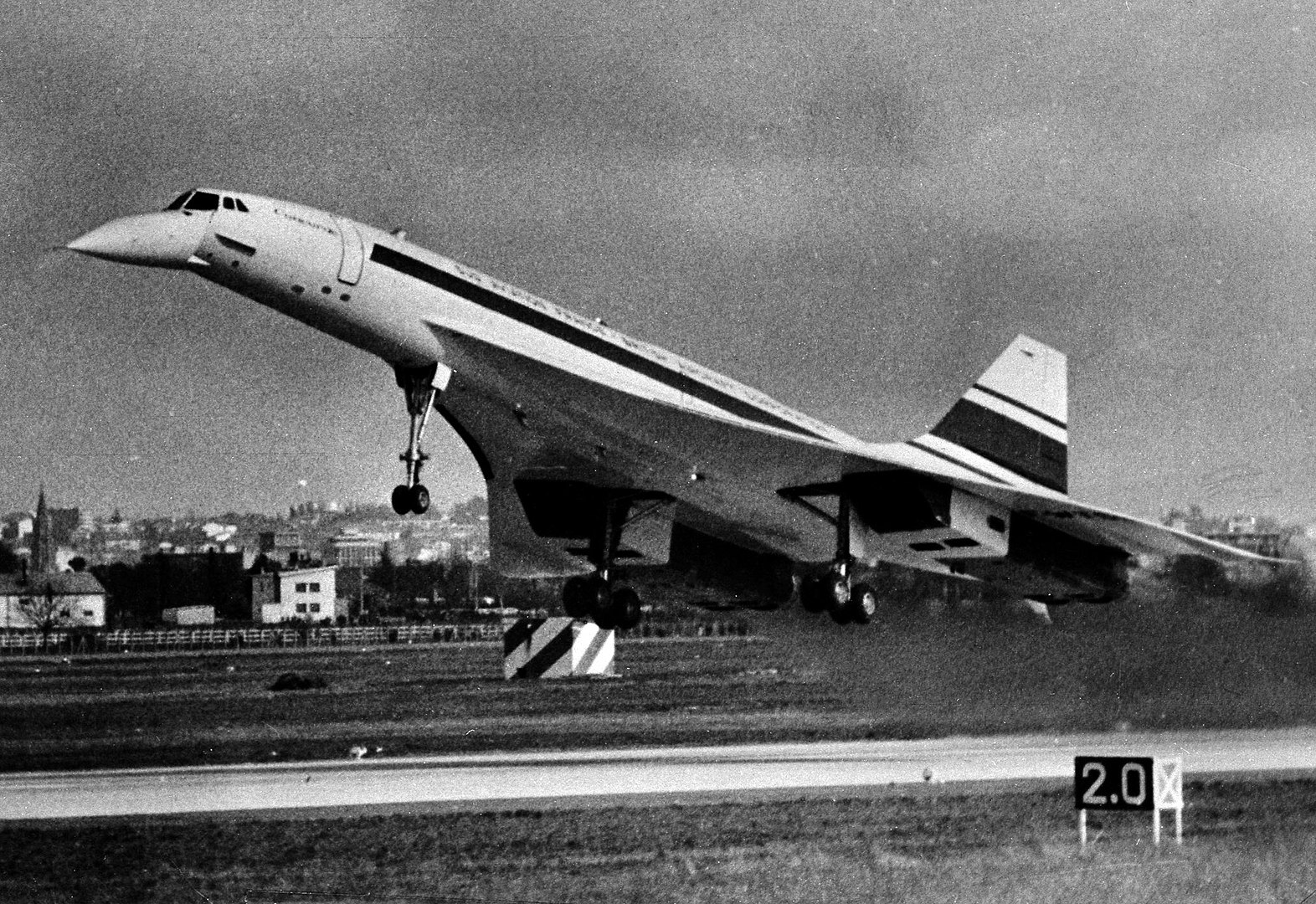
Concorde made history in 1976, as the world’s first and thus far only supersonic jet airliner. Cray Inc. also made history in 1976, with the development of the Cray-1, the world’s first commercially-available supercomputer. The US Treasury also introduced the 2-dollar bill this year, honoring Founding Father Thomas Jefferson on the 200th Anniversary of the USA. The Supreme Court of the USA also ruled that the death penalty does not violate the US Constitution.
Elsewhere, the Vietnam War ends with the country’s unification under North Vietnam as the Socialist Republic of Vietnam. In Korea, two American troops are killed by North Korean forces over a tree in the Demilitarized Zone. This eventually leads to Operation Paul Bunyan, with US forces holding North Korean troops away at gunpoint to chop the tree down. A similarly ominous event takes place in Zaire, Africa, with the first-ever recorded outbreak of the ebola virus.
1980
The FBI became infamous for Abscam in 1980, when they arrested and successfully prosecuted seven Congressmen on bribery and corruption charges. US President Jimmy Carter also introduced a series of measures over the year to penalize the Soviet Union for their invasion of Afghanistan. These included an embargo on all grain exports to the Soviet Union, and a boycott of the 1980 Summer Olympics, hosted by the Soviet Union.
However, US President Carter would himself become tarred by the failure of Operation Eagle Claw. Aimed at rescuing Americans taken hostage in Iran, over-optimistic planning resulted in a mission failure that humiliated the USA internationally. This later contributed to Republican candidate Ronald Reagan’s victory in the US elections.
On a brighter note, 1980 also went down in history as the year smallpox became eradicated for good. It also saw the US Congress introduce the Superfund budget, which aimed to fund the cleanup of toxic waste dumps across the USA.
1984
Apple made history this year, with its first Personal Computer (PC), Macintosh, developed by Steve Jobs. The year also saw the founding of the famous circus troupe, Cirque du Soleil.
More infamously, India launched Operation Blue Star in 1984, with Indian troops storming the Golden Temple and other Sikh holy places across the country. Aimed at cracking down on Sikh militants and nationalists, it resulted in the deaths of hundreds of civilians. It led to massive international criticism of India, as well as the assassination of Indian Prime Minister Indira Gandhi.
On a brighter note, the Soviet Union makes history with the Salyut 7 space station this year. One of the station’s crew, Cosmonaut Svetlana Savitskaya, became the first woman to ever perform a spacewalk. This year also saw the USA launch a new space shuttle, the Discovery.
1988
Computer scientists made history this year with design work on what would eventually become the World Wide Web in the 1990s. It also saw the development of the world’s first computer virus, the Morris worm, which infected the computers of the Massachusetts Institute of Technology (MIT).
This year also had Soviet Premier Mikhail Gorbachev introduce his perestroika (reconstruction) economic policy. Aimed at reviving the stagnant Soviet economy, it ironically set the stage for the Soviet Union’s eventual collapse. He also agreed to begin withdrawing Soviet troops from Afghanistan.
Meanwhile, in the USA, James Hansen becomes the first man to testify before the US Congress about the dangers of global warming. The USA resumes space shuttle missions in 1988, after a two-year hiatus caused by the Challenger Disaster of 1986. The 1988 Elections in the USA also sees Vice President George H.W. Bush defeat Democratic candidate Michael Dukakis to become President of the USA.
1992
The new Russian President, Boris Yeltsin made a historic agreement with US President George H.W. Bush in 1992. In exchange for Russia removing preprogrammed targets from their nuclear missiles, the USA would do likewise. This leads to another diplomatic exchange between Russia and the USA, with the two countries jointly declaring the end of the Cold War. Ironically, despite his historic role, US President Bush would ultimately lose the elections later in the year to Democratic challenger Bill Clinton.
Meanwhile, in Europe, Queen Elizabeth II celebrates her Ruby Jubilee, marking the 40th year of her reign, while the signing of the Maastricht Treaty founds the European Union (EU). On a similarly hopeful note, apartheid ends in South Africa, though it becomes marred by violence caused by extremists. Yugoslavia also descends into civil war, as Serbia attempts to maintain Serbian dominance in the region. In contrast, the Croats and other minorities fight to form independent nations of their own.
1996
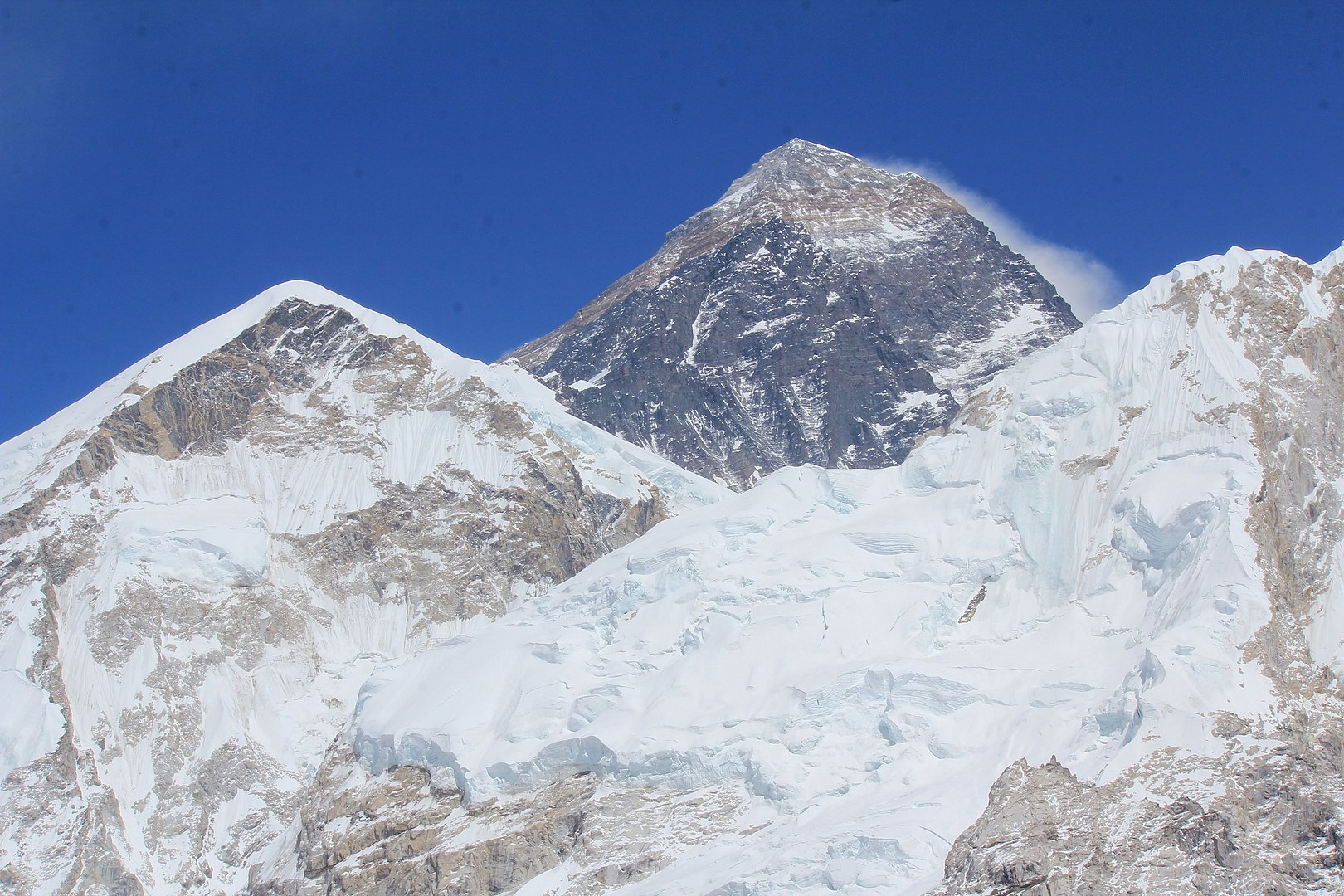
This year saw a crisis in Iraq after the Iraqi government repeatedly refused or obstructed UN inspectors over possible Iraqi Weapons of Mass Destruction (WMDs). Elsewhere in the world, the Philippines suffers from the Marcopper Mining Disaster, the worst environmental contamination incident in the country’s history.
Israel also launches Operation Grapes of Wrath, aimed at the Hezbollah regime in Lebanon. In retaliation for various acts of terrorism against Israel, the Israelis launch a series of missile and air strikes against Lebanon. This causes international criticism of Israel over civilian casualties. Mount Everest was ravaged by a particularly bad set of storms that leaves 12 climbers dead. This made 1996 the deadliest year in the mountain’s history.
On a brighter note, geneticists make history with the birth of Dolly the Sheep. She becomes the first mammal ever cloned from an adult cell. Scientists in the USA also produce the world’s first-ever three-person baby using a mitochondrial donation. In space, the Galileo probe discovers evidence pointing to the possibility of water on Jupiter’s moons.
2000
This year made up both the last year of the 20th century as well as the second millennium of the Common Era (C.E.) calendar. It also started on a tragic note, with the literal extinction in the wild of the Pyrenean ibex. Kenya Airways Flight 431 crashes into the Indian Ocean, while Alaska Airlines Flight 261 does the same into the Pacific Ocean. Everyone aboard both planes died in the crash.
In Asia, the Second Chechen War rages on, particularly marked by the Novye Aldi Massacre. On a brighter note, despite apocalyptic predictions over the past years, the feared Y2K Error proved a non-issue. The predictions resulted from the limitations of computer programming at the time, which meant that computers could not transition from the 1900s to the 2000s properly.
However, computer programmers had actually corrected the error before it could become a problem. This led US President Bill Clinton to thank them for solving the problem before it could cause a disaster.
2004
This year became infamous for the 2004 Indian Ocean earthquake and tsunami, the third-largest in recorded history, and the largest of the 21st century so far. Waves up to 30 meters high devastated 14 countries around the Indian Ocean, killing over 200,000 people.
That said, 2004 was also filled with various bright spots. Social media giant Facebook dates its founding back to this year, originally launched by Mark Zuckerberg as The Facebook. NASA also made several milestones this year, starting with the Opportunity probe’s landing on Mars. The Cassini-Huygens probe also arrived at Saturn in 2004, while NASA launched the Messenger probe to Mercury. Their experimental next-generation scramjet also sets a speed record of over Mach 9.6.
Similarly, the European Space Agency (ESA) probe SMART-1 arrives at the Moon. German astrophysicists also detected the strongest bursts of cosmic radiation ever recorded.
2008
Barack Obama made history in the 2008 US Elections, defeating Republican candidate John McCain to become the first-ever African-American President of the USA. Science also made various milestones in 2008, starting with the Messenger probe’s closest flyby of Mercury. Scientists also detect a Gamma-Ray Burst (GRB) which they describe as the brightest event in the universe ever recorded. NASA’s Phoenix also made the first-ever landing on Mars’ northern polar ice cap in 2008.
Outside of science, social justice also made its milestone with Canadian Prime Minister Stephen Harper’s apology over the residential school system that devastated Native American cultures in Canada. Radovan Karadzic, former President of Republika Srpska, gets arrested in Serbia to stand trial over war crime charges during the Yugoslav Wars.
2012
Many people expected this year to be the year the world ends because of an erroneous interpretation of the Mayan calendar. Unsurprisingly, 2012 came and went without the world being destroyed, exactly as scientists and historians predicted.
That said, the year did feature its share of crises, such as a tit-for-tat between Iran and the EU. The EU began with a trade embargo over Iran’s nuclear program. Iran then responded with an oil embargo of its own.
This year also saw the first recorded outbreak of Middle East Respiratory Syndrome (MERS). A series of terrorist attacks against US Embassies worldwide, possibly in retaliation for the Islamophobic film, Innocence of Muslims, also erupted. Hurricane Sandy, the largest Atlantic cyclone ever recorded, struck the USA in 2012.
On a brighter note, NASA landed its Curiosity rover on Mars this year, while the first-ever female Chinese cosmonaut arrived in space. She did so as part of the Shenzhou 9 mission, which docked with China’s Tiangong-1 space station. Meanwhile, in Switzerland, scientists at the Large Hadron Collider (LHC) finally detected the Higgs Boson, also known as the God Particle. This marked a major milestone for the field of quantum science.
2016
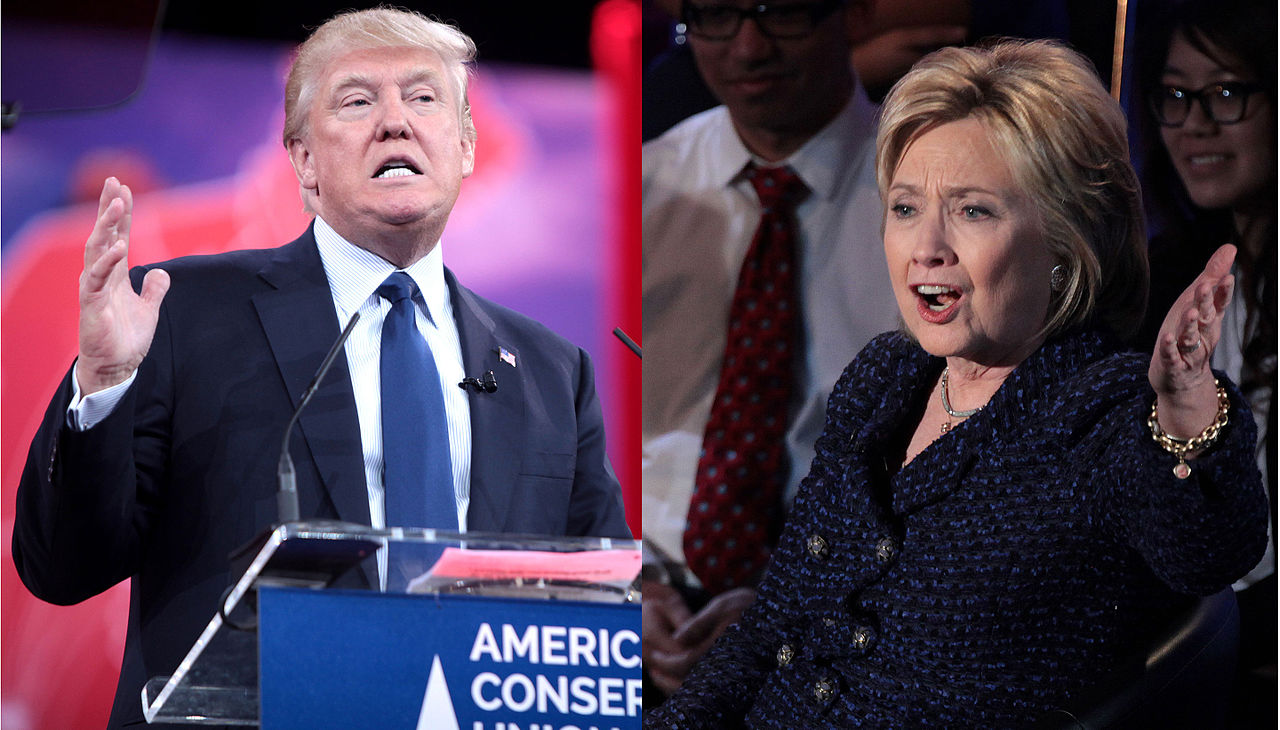
The year began with promise, marked by the UN declaring itself satisfied following inspections of Iran’s nuclear facilities. This led to the lifting of various sanctions imposed against the country. It also saw Pope Francis II and Patriarch Kirill of Moscow signing a document that marked the first joint action between Roman Catholic and Eastern Orthodox Churches since the East-West Schism of 1054.
The Panama Papers Scandals also appeared on news channels and other outlets around the world. More ominously, Britain voted to leave the EU in 2012, in what is called Brexit. This directly contributed to the resignation of long-time British Prime Minister David Cameron. A failed coup also takes place in Turkey, resulting in a bloody series of purges against both known and suspected anti-government groups and individuals. This, in turn, sparks international concern but gets brushed off by the Turkish government over national security interests.
The year 2012’s most infamous highlight involves the Republican candidate Donald Trump’s victory over Democratic candidate Hillary Clinton to become President of the USA.
2020
The most recent leap year and the most infamous because of the global COVID-19 Pandemic is in the year 2020. This year saw unprecedented lockdowns and mass quarantines across the globe, resulting in large-scale economic and social disruption. In fact, economists have described the 2020 economic slump as the worst since the Great Depression.
In addition to the pandemic and its disruptions, 2020 also went down in history as the worst year thus far concerning the global climate crisis. Scientists pointed to widespread bushfires in Australia and the Western USA as proof, along with an unusually violent hurricane season in the North Atlantic. The UN echoed the scientists, over the world’s failure to meet any of the previously-set sustainable development goals for 2020. All these various crises even led Time magazine to describe 2020 as the worst year ever.
Was this page helpful?
Our commitment to delivering trustworthy and engaging content is at the heart of what we do. Each fact on our site is contributed by real users like you, bringing a wealth of diverse insights and information. To ensure the highest standards of accuracy and reliability, our dedicated editors meticulously review each submission. This process guarantees that the facts we share are not only fascinating but also credible. Trust in our commitment to quality and authenticity as you explore and learn with us.


